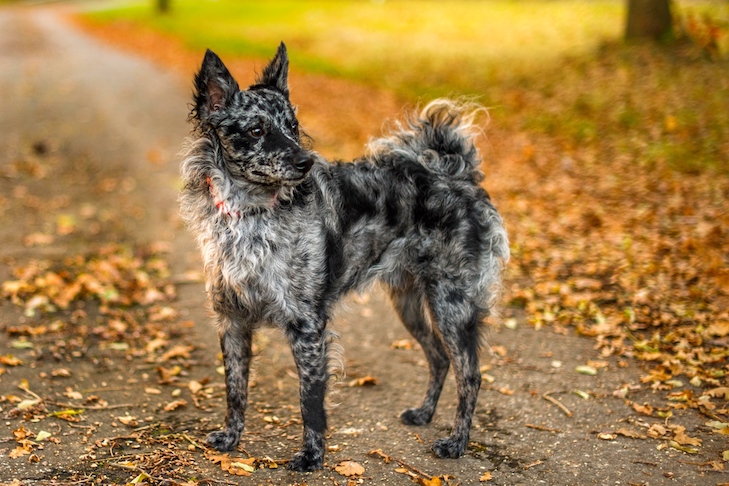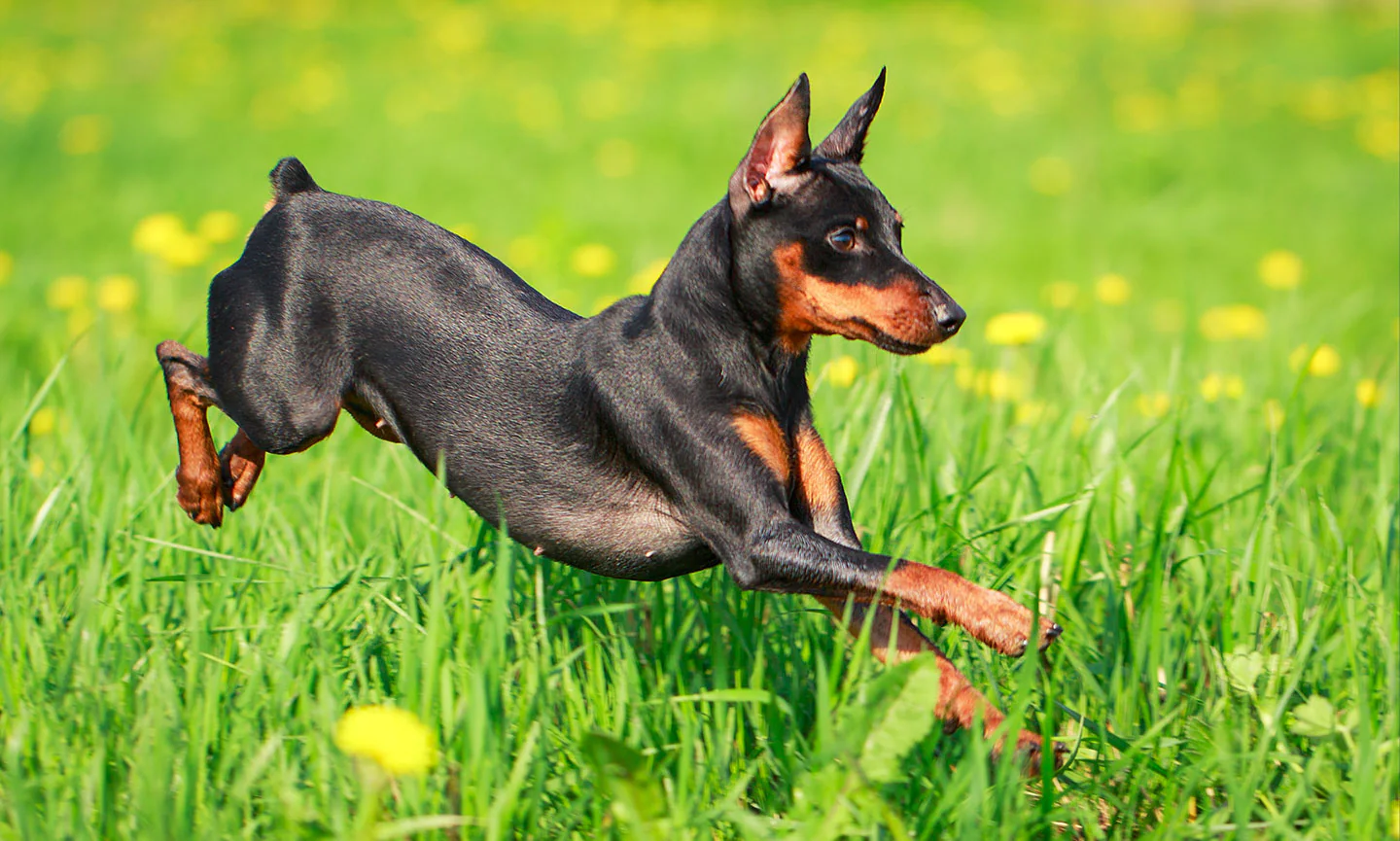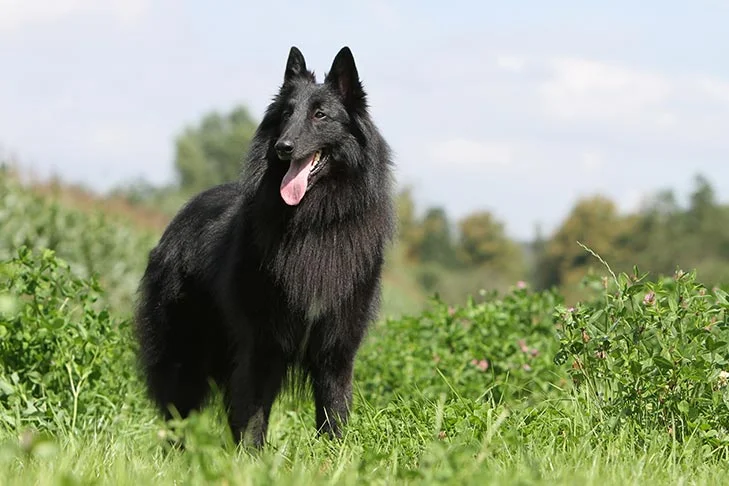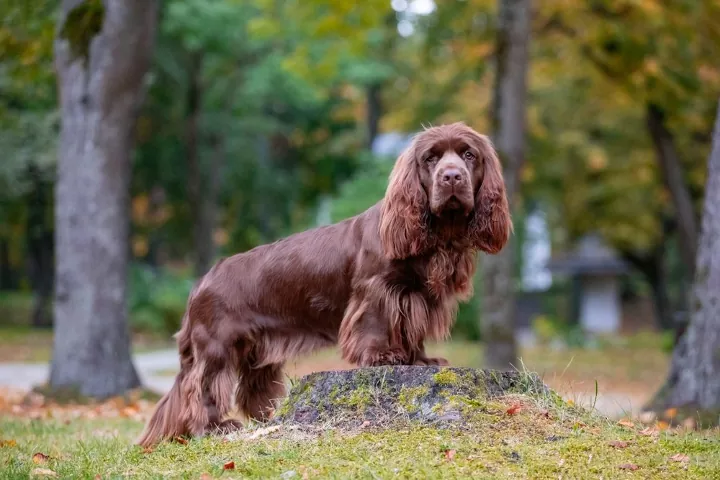Introduction
The Mudi is a highly intelligent, energetic, and versatile breed that originates from Hungary. They were originally bred for herding, hunting, and guarding livestock, but have since become popular as family companions due to their loyal and affectionate nature. Mudis have a distinctive curly coat that requires regular grooming, and come in a variety of colors. They are highly trainable and excel in various dog sports such as agility, obedience, and herding trials.
Mudi Temperament
The Mudi breed is known for its high intelligence, energy, and loyalty. They are natural problem solvers and excel at tasks such as agility, obedience, and herding. Mudis are highly adaptable and make excellent companions for active families who enjoy outdoor activities. They are also known for being protective of their family and can make great watchdogs. With proper training and socialization, Mudis can make loving and devoted companions who are always up for a challenge.
Aggression in Mudi
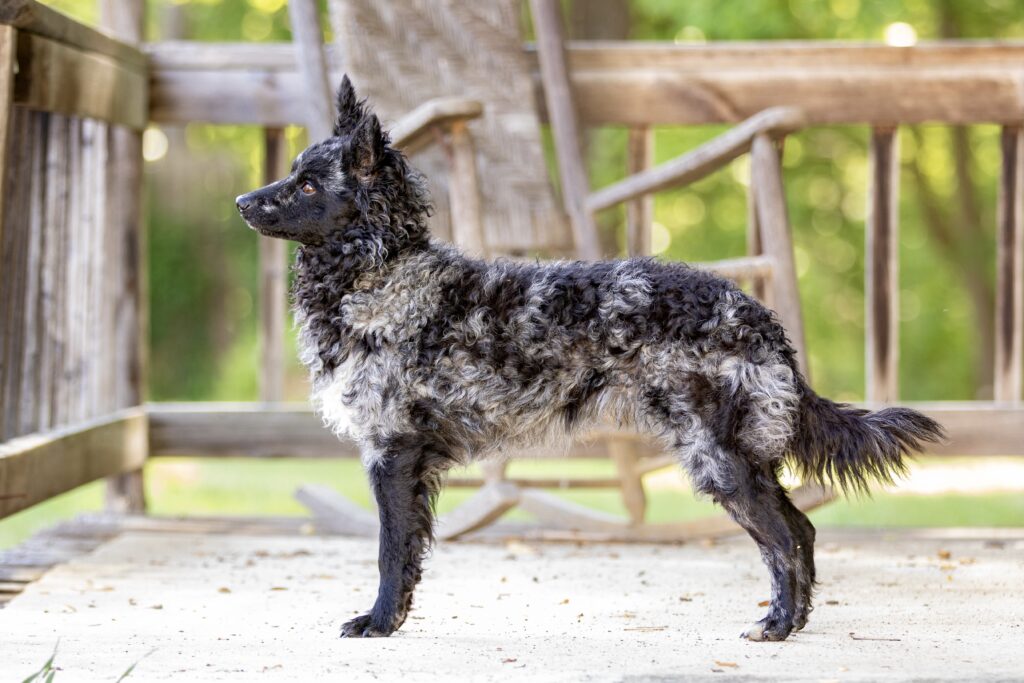
The Mudi breed is generally known for their friendly and outgoing nature towards their owners and other animals. However, like any breed, there may be instances where Mudis exhibit aggressive behavior. This can be due to a variety of factors, such as lack of socialization, genetics, or environmental stressors. Mudis may display aggression towards strangers, other animals, or even family members if they feel threatened or uncomfortable
Health and Lifespan
The reported lifespan range of the Mudi breed is typically between 12 and 14 years. However, individual dogs may live shorter or longer lives depending on various factors such as genetics, diet, exercise, and overall health. To ensure a Mudi’s longevity and quality of life, it is important to provide them with proper care, regular veterinary check-ups, and a healthy lifestyle
Food for Mudi
When it comes to feeding your Mudi, it’s important to choose a high-quality dog food that meets their nutritional needs. Look for a food that contains high-quality protein sources, such as chicken, fish, or lamb, as well as healthy fats and carbohydrates. Mudis are an active breed, so they require a balanced diet that provides them with plenty of energy. Avoid foods with artificial preservatives, colors, or flavors, as these can be harmful to your dog’s health. It’s also important to provide your Mudi with plenty of fresh water at all times. As always, be sure to consult with your veterinarian for specific recommendations based on your dog’s age, weight, and activity level.
Training for Mudi
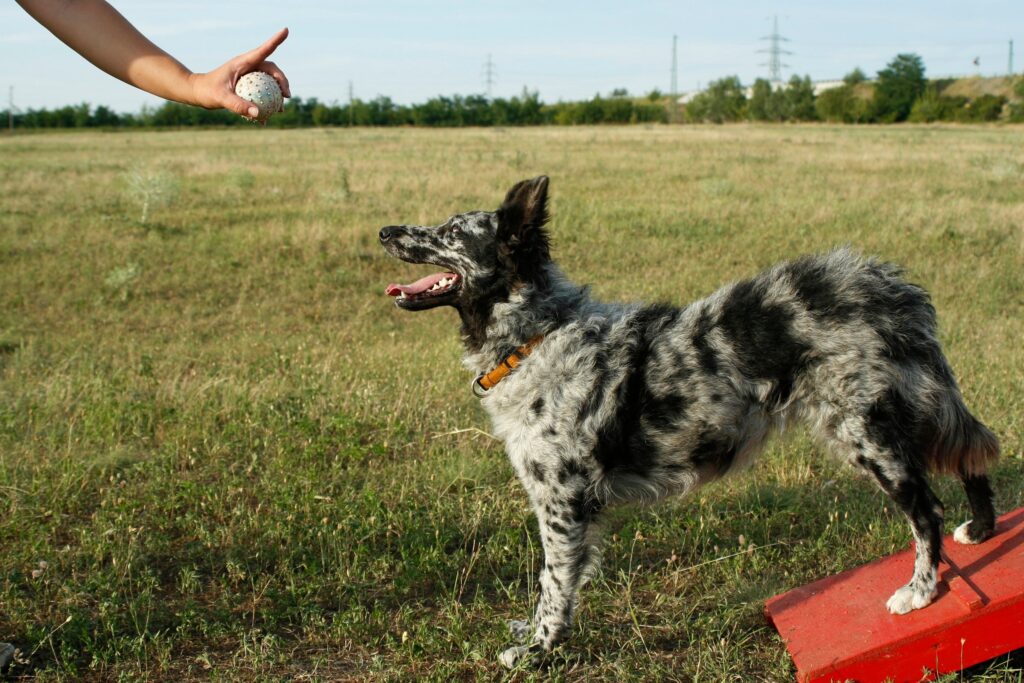
When training a Mudi, it is important to use positive reinforcement techniques and to start with basic obedience training. Mudis are highly intelligent dogs and respond well to positive reinforcement, so use plenty of treats, praise, and playtime to reward good behavior. Start with basic commands such as sit, stay, come, and heel and gradually work up to more advanced commands as your Mudi becomes more confident and proficient.
Socialization is also important for Mudis, so expose them to a variety of people, animals, and environments to help them become well-adjusted and confident. With their high energy levels, Mudis require plenty of exercise and mental stimulation, so make sure to provide them with daily walks, playtime, and interactive toys to keep them happy and healthy.
Conclusion
In conclusion, the Mudi is a highly intelligent and energetic breed that makes for a great companion for active families. Their friendly and outgoing nature, combined with their trainability, make them an excellent choice for those interested in dog sports such as agility or obedience. Mudis have a distinctive curly coat that requires regular grooming, but their loyal and affectionate nature makes them well worth the effort. As with any breed, it’s important to provide them with proper socialization, training, and nutrition to ensure they thrive and lead a happy and healthy life. If you’re considering adding a Mudi to your family, be prepared for a devoted and enthusiastic companion that is sure to bring joy and excitement to your life.
